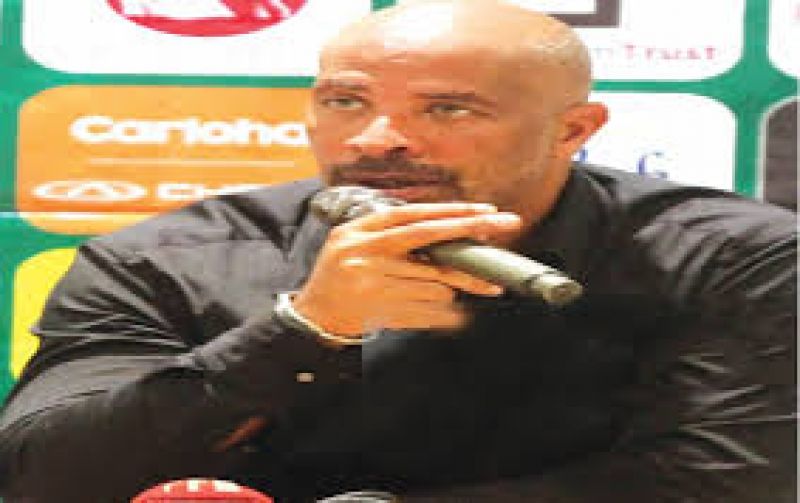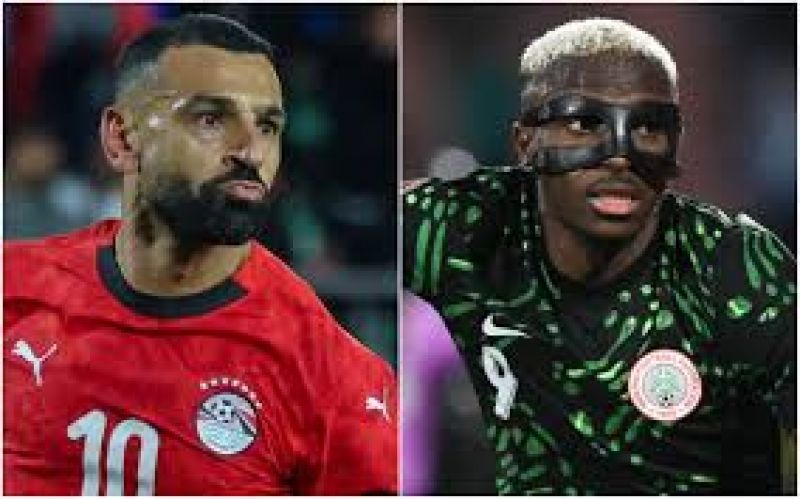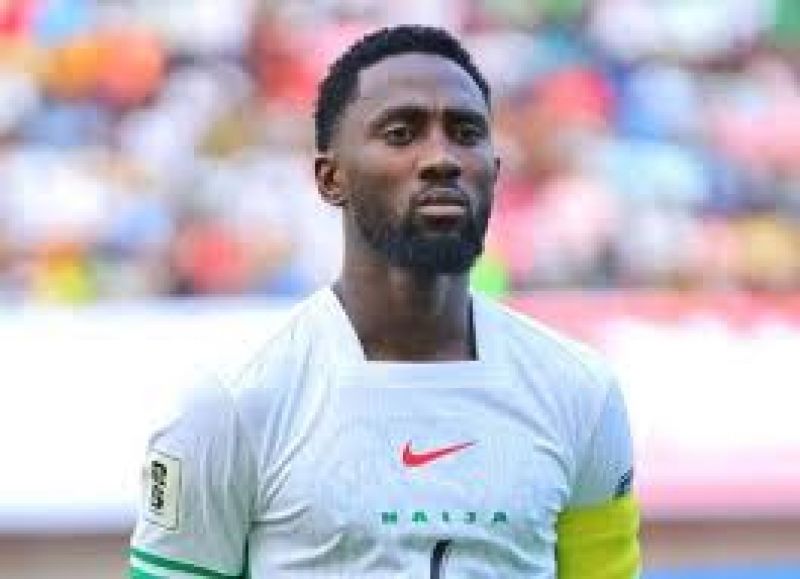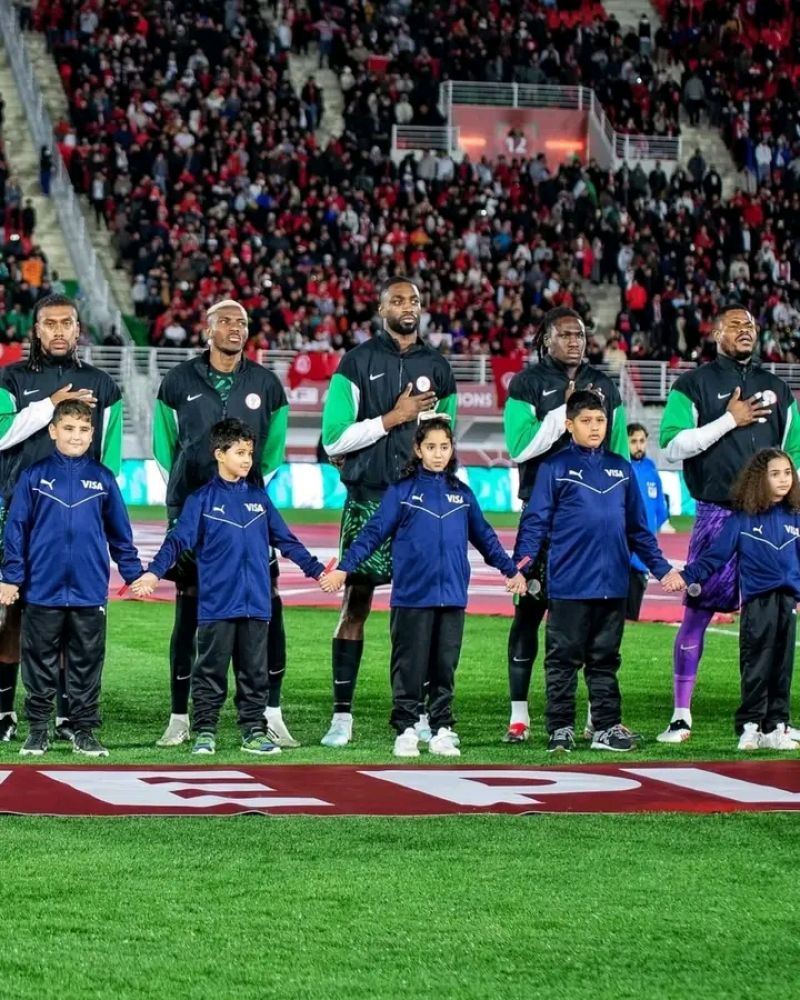By Sid Lowe on May 26, 2018

Zinedine Zidane smiled that Zinedine Zidane smile, the one that sometimes seems to disarm them all.
“I’m not the best coach, and I will always say that,” he said. “I am not the best coach tactically. And, well, I don’t need to say that...” There was a pause, and that was when that smile crept across his face and he added: “... because you lot always say that, anyway.” They laughed, but they knew he was right. Many a true word said in jest and all that, but beyond the smile, there was a hint of edge in his words, a point made.
It was the Open Media Day at Valdebebas, Real Madrid’s training ground, out near Barajas airport, held because they were preparing for the Champions League final. For Zidane, it was the third time he’s sat there before the world’s media on the eve of the biggest club fixture in the world, the third time he has reached the European Cup final as coach of Real Madrid. And he hasn’t even been there for three full years. He has won a league title as well, plus two European Super Cups, two club World Cups and a Spanish super cup.
In his first 18 months in charge of Madrid, Zidane won as many European Cups as Alex Ferguson, Jose Mourinho and Pep Guardiola. He has won two in a row just like Arrigo Sacchi; if Madrid win Saturday night, he will have won three – as many as anyone else, ever. Yet somewhere, somehow, it doesn’t always feel like it. This is as good an era as any in the game since Madrid won the first five, but it doesn’t always feel like an era and it doesn’t always feel like dominance.
It is as good a managerial record as anyone anywhere too, but it doesn’t always feel like Zidane is one of them either. Which is odd, only it doesn’t feel that odd. And perhaps it should? At what point does a manager who has won it all get people to say “this guy is pretty good?” How many European Cups does it take? Three? Four? Five, maybe? Or maybe never?
“I’ve been at Liverpool longer than he has been a coach and he could win the Champions League three times in a row. That’s never happened before, so either he’s lucky or he’s brilliant. I prefer to think he’s brilliant, like he was as a player,” said Jurgen Klopp.
But another point was raised when discussing Zidane’s accomplishments in Madrid.
“He doesn’t get enough credit,” said Steve McManaman this week. “It’s always the same result: trophy, trophy, trophy. They would be shouting from the rooftops if Pep Guardiola did this.”
That may not be entirely fair: Zidane has been credited, and often. He is admired and well-liked. Cases have been made for him, and not by him. “I’m not the best manager in the world,” he said a few months ago, “but nor am I the worst.” Many have dismissed suggestions that he’s not all that and McManaman is certainly not the only one to speak out for him, although he did so with rare knowledge, experience and incision, and there is something in what he says: a portrait of a resistance to recognition that is real. The very fact that those suggestions even exist says something.
Zidane paused, flashed that smile again. “What matters is how you feel and I feel satisfied because I give everything. I can’t control what people think. And that doesn’t matter.”
Being 17 points behind in the league doesn’t help of course, nor does getting knocked out of the Copa del Rey by Leganes. “That was a failure and it hurt,” Zidane admitted. Nor does having arguably the best collection of players ever assembled: it helps you win, but not be seen as the cause of that win.
It doesn’t help that there have been moments of good fortune en route, either. This season, Madrid have had their share of them. This has not been an imperial march to the final; it has, though, been a difficult pathway and they have found a way past Paris Saint-Germain, Juventus and Bayern. Somehow – goodness knows how, if you prefer – but they have. Zidane has always said that he felt like he had a “lucky star,” especially in this competition. But he would rebel against the suggestion that it was all about fortune, and he would be entitled to.
It also doesn’t help that they had won the European Cup two years earlier when, incidentally, or perhaps not so incidentally, Zidane was assistant coach, as that reinforces the sensation that it didn’t take much and most things were already in place, even if McManaman insisted that Madrid were “dysfunctional” then.
Maybe there is something else too, which Zidane was getting at. Something in the construction of Madrid and something in what it is coaches are expected to do. At heart, maybe that question is the key one: What is a coach there for? What does a coach do?
“I’m not the best tactically,” said Zidane, “but I have passion and illusion ... and that’s more important.” Ilusion means hope, enthusiasm, the joy with which you work. It is more important, Zidane says, but for some it is not enough.
That tactical point is a significant one; there is a sense (and there is something in it) that this Madrid team is not one that has been constructed or has a clear identity – that, to use the Spanish phrase, you can’t see the manager’s hand in the way it plays; there is not a tactical model. Asked for a view of Madrid, Real Betis coach Quique Setien talked of a kind of “anarchy.” It was not a criticism, and he recognised the value of that unpredictability, while there’s a case for valuing a coach’s willingness to embrace that, it was just a tactical analysis. But some will read it as a criticism and some will apply it as one.
As Jurgen Klopp joked in his pre-match news conference, “If he’s not a good tactical coach, I’m not a good tactical coach either... and here we are in the final – with no tactics!”
“Vicente Del Bosque was not a screamer or a super architect with elaborate training sessions, but he kept the egos happy [and] Zizou appears to have the same approach,” said McManaman.
That wasn’t meant as a criticism either – quite the opposite – but for some it falls short of what it is they think a coach should do. Even though there have been key tactical interventions too in this year’s Champions League – Marco Asensio and Lucas against PSG, Asensio in Munich, Gareth Bale out, Casemiro out, Karim Benzema out in key moments – it is not always enough. Some feel that to be considered a great coach, he should build something, create something. He should read the game and change the game.
“Screamer” was another word McManaman used. It was also striking that the word Zidane used was “passion” – it is not one most would apply to him, although they would apply it differently to him. If there is a characteristic that most would apply to the coach, it is calm. Zidane doesn’t feed pointless controversies, doesn’t contribute to crises – given that he faces the media around 130 times a season, it is astonishing how rarely he puts a foot wrong – and isn’t a dominant figure. There have been no conflicts with his squad. As a player, he was quiet; as a coach he is too.
And maybe that too is not what people think a coach is there for: to be talked about, to influence and (and maybe this is the point) to be seen to influence, to impose. Zidane doesn’t. He is calm... importantly, he also believes he should be calm. After the Bayern game, he admitted that he was suffering on the sideline but that he hid that from his players; what he transmitted mattered. They looked to him and took their lead from him, which says something in itself.
“He is a leader,” said McManaman to El Pais, “but when people talk about leaders, they don’t normally think about that kind of leader. What kind of leader do you want? Do we want a shouter? Do we want an aggressive type? Do we want a communicator? Do we want someone like Del Bosque, who makes sure everyone is happy? There are lots of types of leaders and they can all lead if they have their players’ respect.”
Zidane has that; he doesn’t need to invent it. As Sergio Ramos puts it: “Zidane was able to manage a difficult dressing room with sensitivity.”
Again, you return to thoughts about perceptions and ideal types. Sensitivity, latitude, freedom: they’re not qualities with which great managers are often credited or associated. Good man-management is regularly presented as a backhanded compliment, offered up in the absence of anything else. But it does matter. And not everyone is able.
Del Bosque won two European Cups and the World and European championships with Spain. There are some parallels with Carlo Ancelotti and Bob Paisley too – Paisley especially. Few really talk about Paisley as a manager who marked the game and few include him in those lists of great managers – a personality, a creator, a master tactician – but above all, coaches are there to win and the man who shuffled about in his carpet slippers won. A lot. There is a reason those two examples are significant.
Ancelotti and Paisley are the only men ever to have won three European Cups as coach. Saturday night, Zidane may have something else in common with them. (ESPN)
•Photo: Zinedine Zidane
Source Daily Sports
Posted May 26, 2018
You may also like...

Ronaldo fires blank as Netherlands pound Portugal 3-0...

Chelsea’s Injury Problems Worsen As Gilmour Out For...

AWCON final: Dalung heads Nigerian delegation to cheer...

Granada Go Top Of La Liga With win...

Mike Tyson, Mayweather agree to 2026 exhibition bout...

Efe Ambrose Joins Championship side Derby County

 CAF appoints Moroccan for third-place game
CAF appoints Moroccan for third-place game Ogunmokun sets new 500m national record
Ogunmokun sets new 500m national record Disappointed Chelle wants bronze medal
Disappointed Chelle wants bronze medal PREVIEW: Nigeria target ninth bronze, clash with Egypt in AFCON third-place showdown
PREVIEW: Nigeria target ninth bronze, clash with Egypt in AFCON third-place showdown Ndidi praises Osimhen, backs Chelle
Ndidi praises Osimhen, backs Chelle_1.jpeg) AFCON: Why Nigeria lost to Morocco – Super Eagles coach, Chelle
AFCON: Why Nigeria lost to Morocco – Super Eagles coach, Chelle.jpeg) ‘Incompetent Referee’ - Nigerians blast Ghanaian official over Calvin Bassey’s controversial Yellow Card
‘Incompetent Referee’ - Nigerians blast Ghanaian official over Calvin Bassey’s controversial Yellow Card.jpeg) Osimhen Explains Super Eagles Defeat To Morocco In AFCON Semi Final
Osimhen Explains Super Eagles Defeat To Morocco In AFCON Semi Final.jpeg) War in Morocco – An AFCON with a special spin
War in Morocco – An AFCON with a special spin.jpeg) Super Eagles Starting XI Versus Morocco Revealed As Chelle Makes One Critical Change
Super Eagles Starting XI Versus Morocco Revealed As Chelle Makes One Critical Change_1.jpeg) Morocco Coach Sounds Alarm: Nigeria’s Iwobi, Osimhen & Lookman Are Real Threats Ahead of AFCON Semis!
Morocco Coach Sounds Alarm: Nigeria’s Iwobi, Osimhen & Lookman Are Real Threats Ahead of AFCON Semis! Super Eagles Training Reports – Chelle Hints At Likely Replacement For Suspended Ndidi In Semi Final
Super Eagles Training Reports – Chelle Hints At Likely Replacement For Suspended Ndidi In Semi Final Rangers International going, going . . . (63,480 views)
Rangers International going, going . . . (63,480 views) Amaju Pinnick: A cat with nine lives (54,764 views)
Amaju Pinnick: A cat with nine lives (54,764 views) Second Term: Amaju Pinnick, Other NFF Heavyweights Home to Roost •How Pinnick Broke the Jinx (52,664 views)
Second Term: Amaju Pinnick, Other NFF Heavyweights Home to Roost •How Pinnick Broke the Jinx (52,664 views) Current issues in Nigerian sports: Matters arising (52,334 views)
Current issues in Nigerian sports: Matters arising (52,334 views) Sports Development: Zenith Bank on the zenith (52,260 views)
Sports Development: Zenith Bank on the zenith (52,260 views) Missing $150,000 IAAF Grant: Solomon Dalung’s Hide and Seek game (52,172 views)
Missing $150,000 IAAF Grant: Solomon Dalung’s Hide and Seek game (52,172 views) Gov. Abdullahi Ganduje’s solid footprints, commitment to sports development in Kano State (52,036 views)
Gov. Abdullahi Ganduje’s solid footprints, commitment to sports development in Kano State (52,036 views) NFF Presidency: Pinnick, Maigari, Ogunjobi, Okoye in Battle for Supremacy (51,593 views)
NFF Presidency: Pinnick, Maigari, Ogunjobi, Okoye in Battle for Supremacy (51,593 views) Olopade, BET9A wave of revolution in NNL (50,772 views)
Olopade, BET9A wave of revolution in NNL (50,772 views) Commonwealth Games 2018: Shame of Muhammadu Buhari, Solomon Dalung (49,302 views)
Commonwealth Games 2018: Shame of Muhammadu Buhari, Solomon Dalung (49,302 views) Ibrahimovic’s Man U exit: Whose decision is it? And in whose interest? (47,691 views)
Ibrahimovic’s Man U exit: Whose decision is it? And in whose interest? (47,691 views) John Mikel Obi: Segun Odegbami’s Outrageous Call! (47,159 views)
John Mikel Obi: Segun Odegbami’s Outrageous Call! (47,159 views)